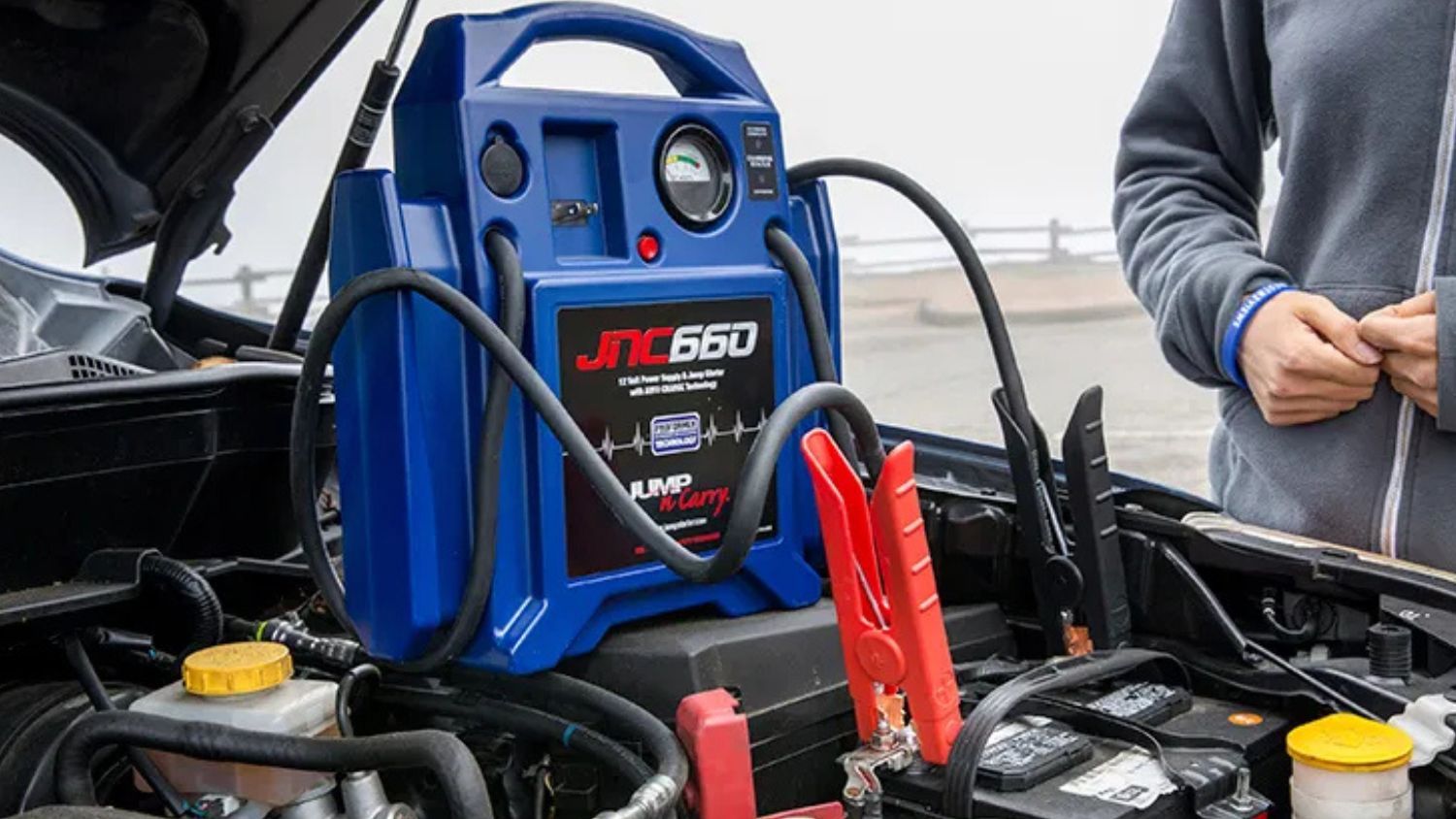GRAND RAPIDS, Mich. (WOOD) — Michigan election clerks are pushing back against a set of bills that would expand voting access, citing a lack of available resources.
Lawmakers adjourn for the year on Dec. 19. Democrats have been pushing to pass various legislation before Republicans take back the House next year, returning divided government to Lansing.
This week, the House Elections Committee passed the Michigan Voting Rights Act, a package of bills that would expand voting access for non-English speakers and those with disabilities. The bills, which already passed the Senate in September, go to the House next for a final vote.
If the legislation is signed into law, ballots would have to be provided in more languages, translated to those not covered by the federal Voting Rights Act. Kent County Commissioner Ivan Diaz, a Democrat who serves southwest Grand Rapids and north Wyoming, said the package of bills will break down voting barriers.
“If we don’t have materials in the language, the first language of people who are trying to vote, that is a barrier in and of itself,” Diaz said in an interview Sunday. “I’m surprised that we’ve gotten this far in our state’s history without having this type of legislation. The more we can reduce barriers to give people the ability to vote, then that’s the thing we need to do.”
Michigan Secretary of State Jocelyn Benson testified Tuesday before the House committee in support of the legislation, arguing it would help ensure no citizen is denied the right to vote. Her office also applauded measures aimed to stop voter dilution or suppression.
“We need look no further than the consistent weakening of federal voting protections over the last several decades and the impact that has had in other states nationwide to realize that it is up to states in this moment to step up and ensure the basic right to freely elect our representatives and hold them accountable remains intact for every citizen in our country and in our state,” Benson said.
But many who run our elections have spoken out against the bills, like Grand Haven City Clerk Maria Boersma and Lansing City Clerk Chris Swope. Clerks have argued they won’t have enough resources to implement the changes, especially since early voting became required by law and elections have cost more to run.
“It’s providing materials in a language, but it’s also providing an interpreter if that’s needed,” Boersma said in a Sunday interview. “We have over 1,200 municipalities in the state of Michigan that are running elections. A lot of those overnight are going to see the need to require additional language assistance. That cost is going to be exponential.”
Boersma said rural communities with fewer registered voters could be especially affected by the change.
“Some small farming communities that might barely have 1,000 registered voters might all of a sudden overnight see themselves needing to provide extra language assistance,” Boersma said. “That doesn’t just cover a ballot in a different language. Instructions, public notices, audio recordings of ballots would have to be read in a different language.”
Curbside voting would also be required for voters with disabilities who can’t enter a polling place. Diaz argued it’s another proposal that should be common-sense.
“What we want to avoid is people showing up to vote seeing long lines and then saying, ‘I’m gonna go back home or try a different day,'” Diaz said. “Allowing people with disabilities to drive up or come up to the curbside and vote that way, why not?”
In contrast, Boersma worries clerks don’t have enough staff to accommodate curbside voting, and it could also put them in legal jeopardy.
“You are inviting liability when you have individuals taking a ballot in and out of a polling location,” Boersma said.
Clerks also fear the requirements could expose them to lawsuits. Voters would be able to sue cities or counties for moving a polling place to a new location that could be inaccessible.
“It creates new harsher penalties for clerks and election officials that we’ve never seen before for things like simply moving a polling location,” Boersma said. “A lot of clerks know we haven’t been welcome in places we’ve normally been in, such as schools and churches, because of security concerns.”
While Diaz acknowledges election officials’ concerns and believes they should be more involved in the process, he also argued that “having a lack of resources is not an excuse for us to not try and improve a system.”
“If anything, that just means we need to talk about, do we need more resources at the state level?” he said. “Do we need to change the way we’re using those resources?”
Diaz suggested the state should consider imposing a graduated income tax, also known as a progressive tax, which levies increasingly higher tax rates on higher-earning people. He argued that would help deliver more resources. With less than two weeks left before lawmakers adjourn for the year, Diaz said lawmakers should act quickly on this legislation as well as others.
“I would say the legislators in Lansing need to do their job,” Diaz said. “Not just the legislators, the governor, everyone that’s part of the legislative process.”









